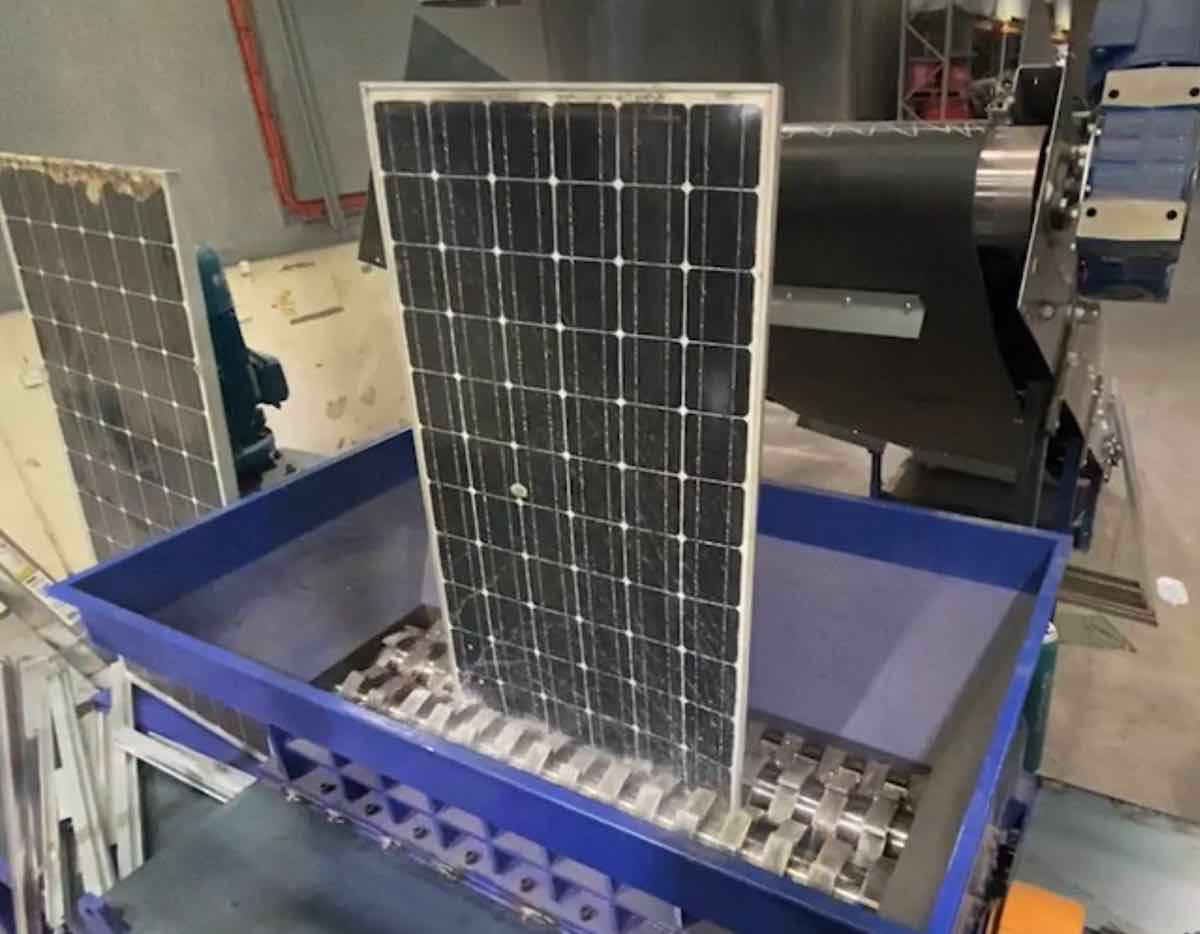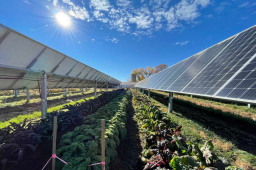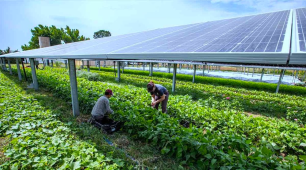It doesn't take high density to make solar a challenge. From personal experience, a 2-story, 50,000 SF office building with 200 parking spaces on a 5-acre property could only barely get to net-zero with a high efficiency HVAC system and solar everywhere it was possible. Project was in the California desert.
Once you go to three stories, low parking density, or a parking garage it is almost impossible. For Industrial facilities the challenge is that demand is usually much higher than any other application on a per square foot basis.
Residential rooftops are one of the few opportunities to go net-negative energy consumption with solar.
Once you go to three stories, low parking density, or a parking garage it is almost impossible. For Industrial facilities the challenge is that demand is usually much higher than any other application on a per square foot basis.
Residential rooftops are one of the few opportunities to go net-negative energy consumption with solar.
Sure... but when the cost per kWh of a grid-scale plant is 25% that of rooftop solar, rooftop solar needs to win on the distribution component rather than the energy component.Electricity can be transmitted, and it can be stored in a variety of ways. We just need to shift our thinking about it to the positive side of the circuit.







